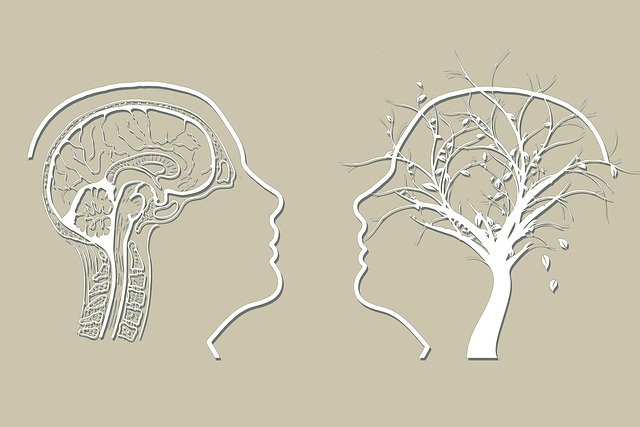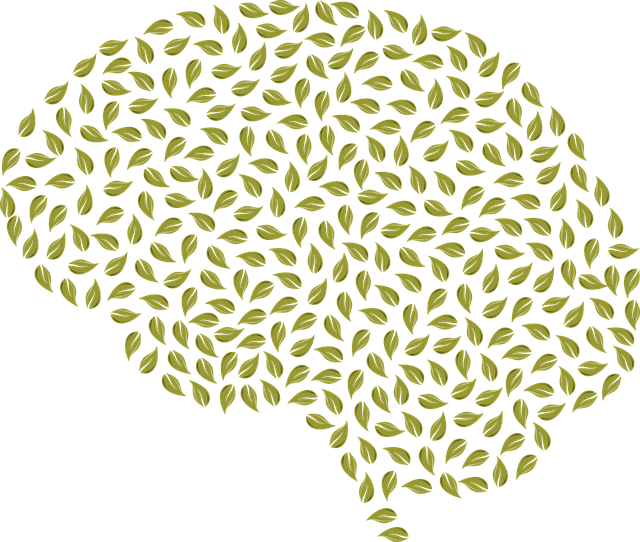Anger, a complex emotion, can be managed effectively through journaling, which offers a safe space for self-reflection and emotional exploration. By documenting thoughts and experiences, individuals uncover root causes like unaddressed fears or past traumas, fostering self-awareness and compassion cultivation. Regular journaling helps identify triggers, challenges negative thought cycles, and promotes healthier responses to anger, improving mental wellness. This holistic approach serves as a powerful therapy for anger management, aiding professionals in risk assessment and preventing burnout.
“Unwind and regain control with our guide to mental wellness journaling. Discover how this simple yet powerful tool can transform your emotional well-being, especially in managing anger. We explore effective strategies to help you understand and express your feelings, offering a safe space for reflection.
From setting up your personalized journal to capturing emotions on paper, this article provides step-by-step guidance. Learn techniques to reflect and find inner peace, making journaling an accessible therapy for anger management.”
- Understanding Anger and Its Impact
- Journaling as a Therapeutic Tool
- Setting Up Your Wellness Journal
- Capturing Your Emotions on Paper
- Reflecting and Finding Peace
Understanding Anger and Its Impact

Anger is a natural human emotion that can serve as both a protective mechanism and a destructive force. When managed poorly, it can lead to strained relationships, increased stress levels, and even physical health issues. Understanding the root causes of anger is the first step towards effective management. Many times, anger arises from underlying fears, unmet needs, or past traumas. Journaling offers a safe space for individuals to explore these origins, fostering self-awareness and emotional regulation.
Through regular reflection, one can begin to identify patterns and triggers that set off angry responses. This process allows for the application of compassion cultivation practices—a key aspect of many therapy for anger management programs. By cultivating compassion towards oneself and others, individuals can learn to respond to anger with understanding and kindness rather than reacting impulsively. Combining these practices with mind over matter principles empowers people to transform their emotional responses, leading to improved mental wellness.
Journaling as a Therapeutic Tool

Journaling has emerged as a powerful therapeutic tool for individuals seeking to improve their mental wellness. By providing a safe and private space for self-reflection, journaling allows people to explore their thoughts and emotions in a way that traditional talk therapy might not always achieve. This practice can be particularly beneficial for those dealing with issues like anger management, where expressing and understanding one’s feelings is crucial. Writing down experiences and reactions helps individuals gain valuable insights into triggers and patterns, fostering better emotional regulation.
In the context of mood management, journaling encourages self-awareness, enabling people to identify and challenge negative thought cycles. This process can be a game-changer for those advocating for mental health policy analysis and advocacy, as it provides personal data that can support evidence-based arguments for improved mental health services. Moreover, incorporating mindfulness meditation techniques into journaling practices has been shown to enhance overall well-being and reduce stress, promoting a healthier mind and better coping mechanisms.
Setting Up Your Wellness Journal

Setting up a wellness journal is an act of self-care and self-reflection that can be incredibly beneficial for managing anger and promoting mental wellness. It provides a dedicated space to process emotions, track triggers, and explore coping strategies. Start by choosing a journal that feels right for you; it could be as simple or elaborate as you’d like. Consider adding sections for different aspects of your life, such as relationships, work, and leisure, to gain a holistic view of your mental health.
Incorporating regular journaling practices can serve as an effective therapy for anger management. By jotting down your thoughts and feelings, you can better understand the underlying causes of anger and develop more constructive ways of dealing with it. Additionally, reflecting on these entries can aid in risk management planning for mental health professionals by enabling self-care practices and burnout prevention strategies for healthcare providers, ensuring a healthier and more balanced lifestyle.
Capturing Your Emotions on Paper

Capturing your emotions on paper can be a powerful tool for self-reflection and personal growth, especially when it comes to managing anger. Many therapists incorporate journaling as a form of therapy for anger management, helping individuals identify triggers and understand their feelings. By jotting down thoughts and emotions, you can gain valuable insights into what sets off your anger and how to control it effectively. This simple act allows you to externalize your feelings, making them easier to process and manage.
Through regular mental wellness journaling exercises, you can enhance self-awareness, a key aspect of improving self-esteem and overall mental health. It provides an opportunity to explore and challenge negative thought patterns associated with anger. As you write down your experiences, you might discover underlying issues or specific situations that contribute to your anger management challenges, paving the way for targeted strategies and solutions.
Reflecting and Finding Peace

In the quest for mental wellness, finding moments of peace within the chaos is essential. Journaling serves as a powerful tool to reflect and process emotions, especially when coupled with effective communication strategies. By dedicating time each day to pen down thoughts, one can uncover underlying feelings, identify triggers, and cultivate a deeper understanding of themselves. This introspective practice allows individuals to explore their mental landscapes, much like navigating a labyrinthine mind, where every twist and turn reveals new insights.
Encouraging positive thinking through journaling practices can be transformative. It enables individuals to challenge negative thought patterns, fostering mental health awareness and self-acceptance. For those struggling with anger management issues, this exercise offers a therapeutic gateway. By articulating emotions on paper, one can gain clarity, learn coping mechanisms, and even discover innovative communication strategies to express themselves in healthier ways, thereby promoting overall emotional well-being.
Mental wellness journaling offers a powerful and accessible therapy for anger management, allowing individuals to gain valuable insights into their emotions. By capturing thoughts, feelings, and experiences on paper, one can reflect on triggers, understand underlying causes, and develop effective coping strategies. This simple yet profound practice facilitates self-awareness, promotes emotional regulation, and fosters a deeper connection with oneself—all essential components for maintaining mental wellness. Incorporating regular journaling into your routine can be a game-changer in navigating anger and finding inner peace.














